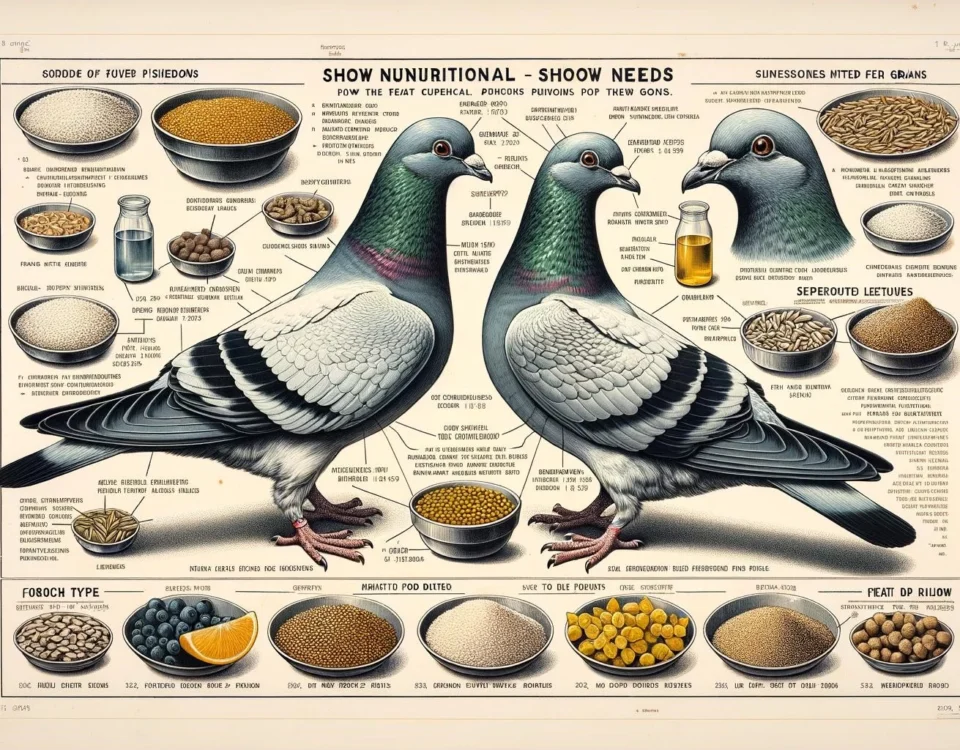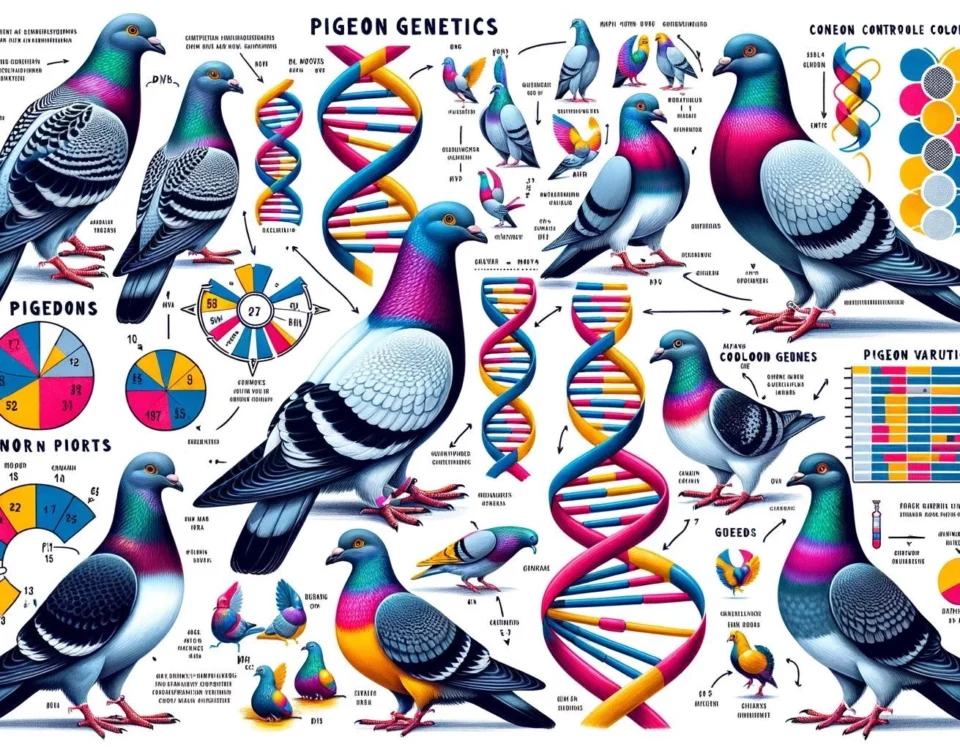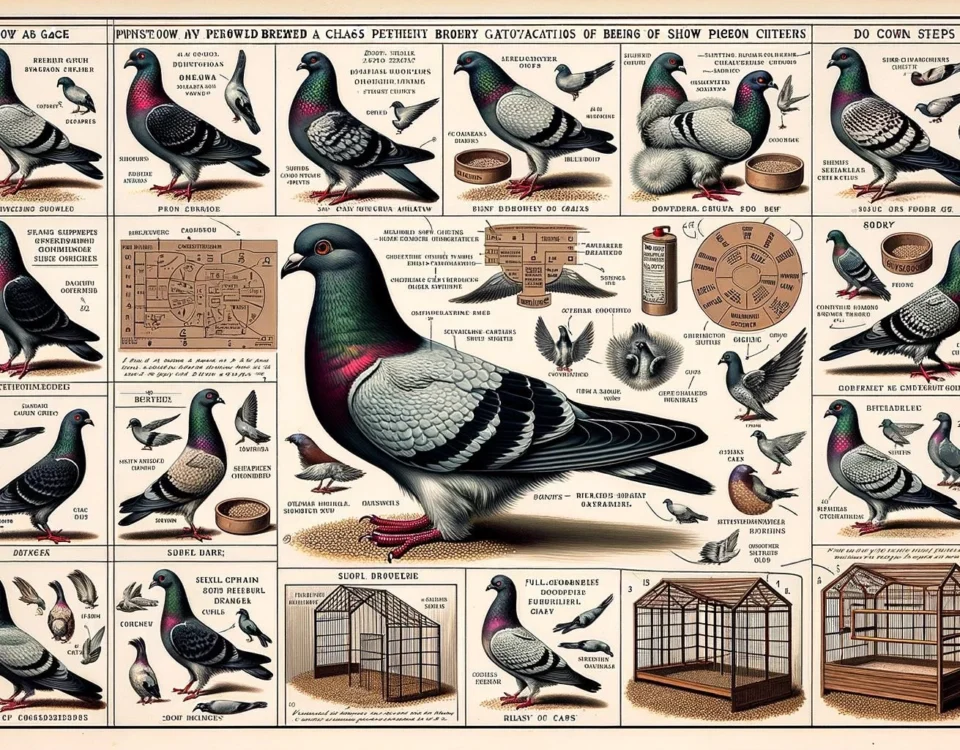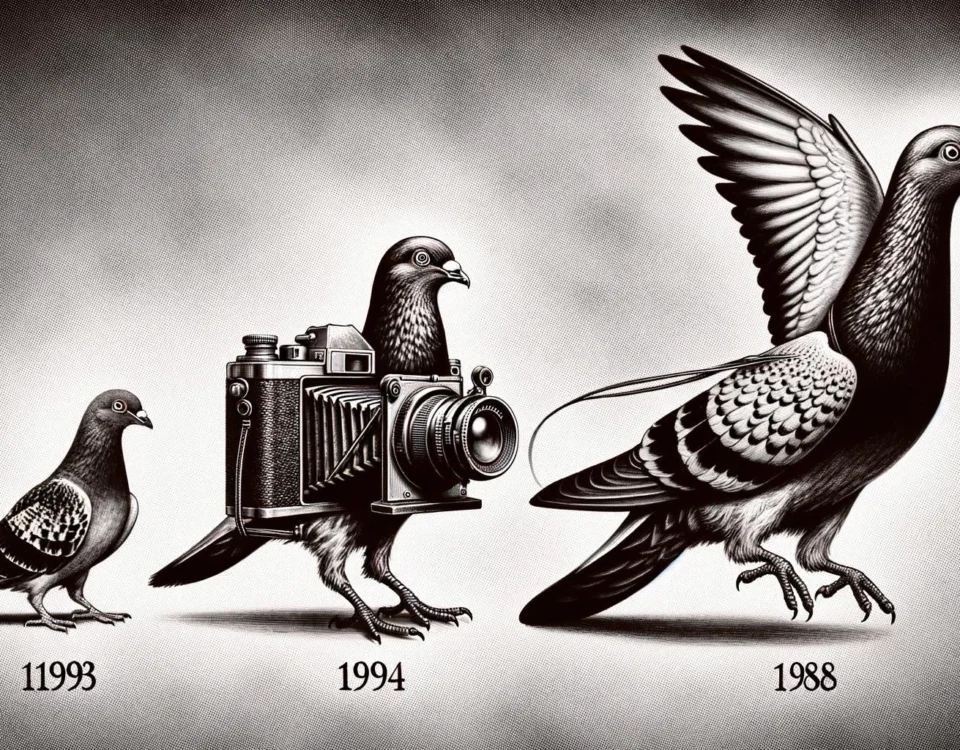The majestic flight of racing pigeons, a spectacle of natural athleticism and navigation prowess, belies the ethical quagmire that underpins this sport. The welfare of these avian competitors is often compromised by gruelling distances, harsh weather, predatory threats, disease exposure, and questionable training and breeding practices. This exploration underscores the need for improved measures in pigeon racing — from the adoption of shorter race distances and stringent weather considerations, to enhanced safety precautions, better medical care, ethical breeding, and improved transportation conditions.
Key Takeaways
- Pigeon racing is a sport that raises ethical concerns due to various factors such as the long distances pigeons have to cover, neglect of weather conditions, lack of safety protocols against predators, exposure to diseases, and questionable breeding and training practices.
- Shortening the racing distance and considering weather conditions can help alleviate some of the concerns and improve the welfare of racing pigeons.
- Implementing safety measures to protect pigeons from predators and providing proper medical care can help address their safety and health issues.
- Awareness and education about the harmful effects of inbreeding and excessive supplement use can promote ethical breeding practices and the well-being of racing pigeons.
- Improving transportation conditions by providing more space and proper ventilation can contribute to the overall welfare of racing pigeons.
Pigeon racing, a sport that involves flying homing pigeons over long distances, raises several ethical concerns related to the welfare and treatment of the birds. These concerns include the long distances covered by pigeons during races, neglect of weather conditions, lack of safety protocols against predators, exposure to diseases, and questionable breeding and training practices.
Long Distances and Weather Conditions
One of the primary concerns in pigeon racing is the long distances that pigeons have to cover during races. While pigeons are capable of covering such distances, not all racing pigeons are properly trained to find their way back home over such large distances. This raises the risk of pigeons getting lost or facing difficulties during the race.
Additionally, weather conditions are often neglected, and pigeons are pushed to race in extreme weather conditions. Sudden changes in climate can be particularly problematic for the birds, as they may struggle to navigate or face health issues due to extreme temperatures.
Predator Safety
Pigeon lofts, where the pigeons rest and reside when not racing, are often vulnerable to predators such as foxes and rodents. Lack of safety protocols puts the pigeons at risk of attacks from predators, both during races and while in their resting area.
Implementing safety measures such as securing the loft, educating pigeons to detect and avoid predators, and employing scare tactics can help protect them from potential assaults and ensure their safety.
Diseases and Health Risks
Pigeons participating in races are exposed to various environmental factors that can contribute to the spread of diseases and compromise their health. For example, pigeons need to drink water and collect food from the wild during races, potentially exposing them to diseases and weakening their immune systems.
Proper medical care before and after races, including regular check-ups, can help mitigate the risk of diseases and ensure the well-being of racing pigeons.
Criticism of Breeding and Training Practices
In addition to direct concerns for the welfare of racing pigeons during races, there are also ethical issues surrounding breeding and training practices. These practices often prioritize performance over the long-term health and well-being of the birds.
Inbreeding and Genetic Health Risks
Many racing pigeons are bred using inbreeding techniques, where genetically related pigeons are paired to produce offspring with desired traits. However, inbreeding comes with significant health risks, resulting in reduced genetic diversity and increased susceptibility to diseases and other health issues. The lack of genetic variation can threaten the long-term viability of the pigeon population.
Addressing this issue requires raising awareness among breeders about the harmful effects of inbreeding and encouraging the use of diverse breeding stock to maintain a healthy and sustainable population of racing pigeons.
Training and Supplement Use
The training practices for racing pigeons are often intense, with pigeons undergoing long hours of training outside of the official one-hour training period. Additionally, some owners administer excessive supplements to enhance the performance of their birds. These practices can lead to physical and mental strain on the pigeons, potentially resulting in health issues.
Educating pigeon owners about proper training methods and the potential risks of excessive supplement use can promote more ethical practices and contribute to the overall welfare of racing pigeons.
Improving Transportation Conditions
Transportation is another aspect of pigeon racing that raises ethical concerns. Pigeons are transported in trucks that are often equipped with small cubical cages, limiting the birds’ movement and causing stress and discomfort during transportation.
Improving transportation conditions by providing more spacious cages and ensuring proper ventilation can help alleviate the physical and psychological strain experienced by the pigeons during transportation and contribute to their overall well-being.
In conclusion, pigeon racing raises ethical concerns related to the welfare and treatment of racing pigeons. Shortening racing distances, considering weather conditions, implementing safety protocols against predators, providing proper medical care, promoting ethical breeding and training practices, and improving transportation conditions can address these concerns and ensure better welfare for racing pigeons.









